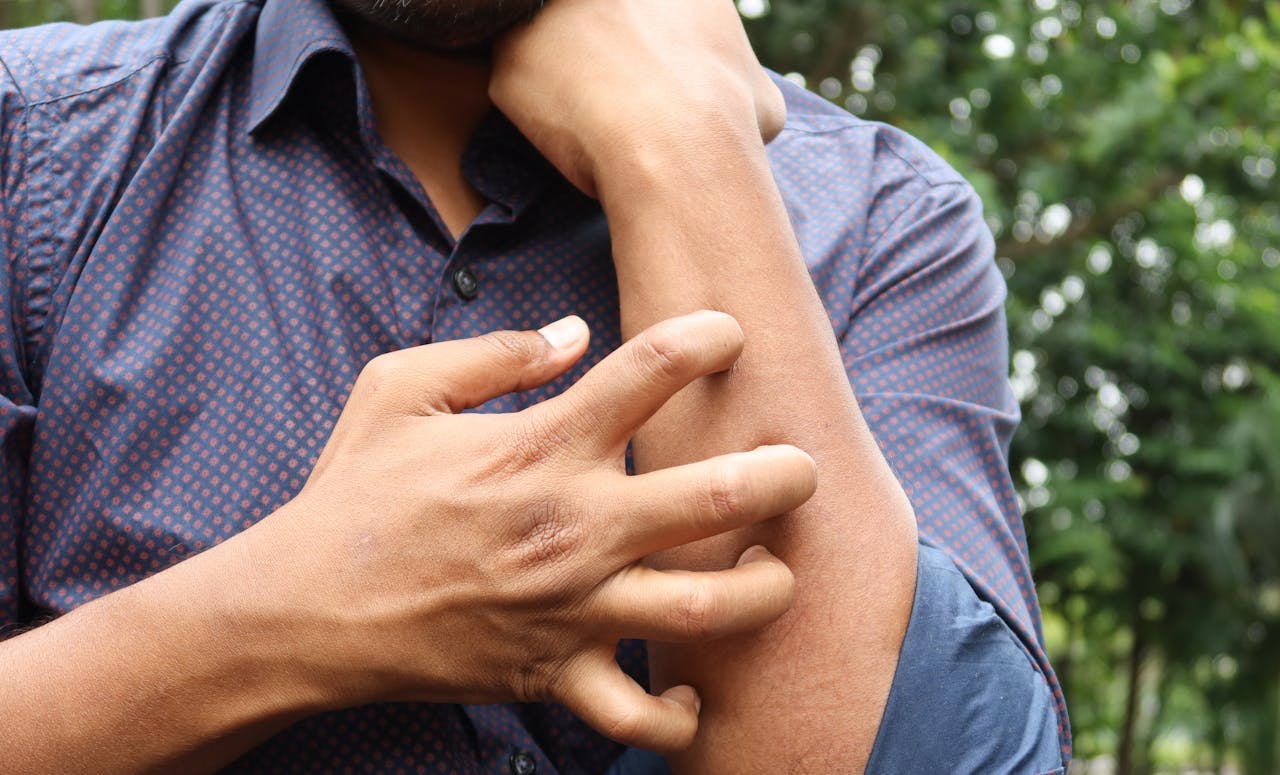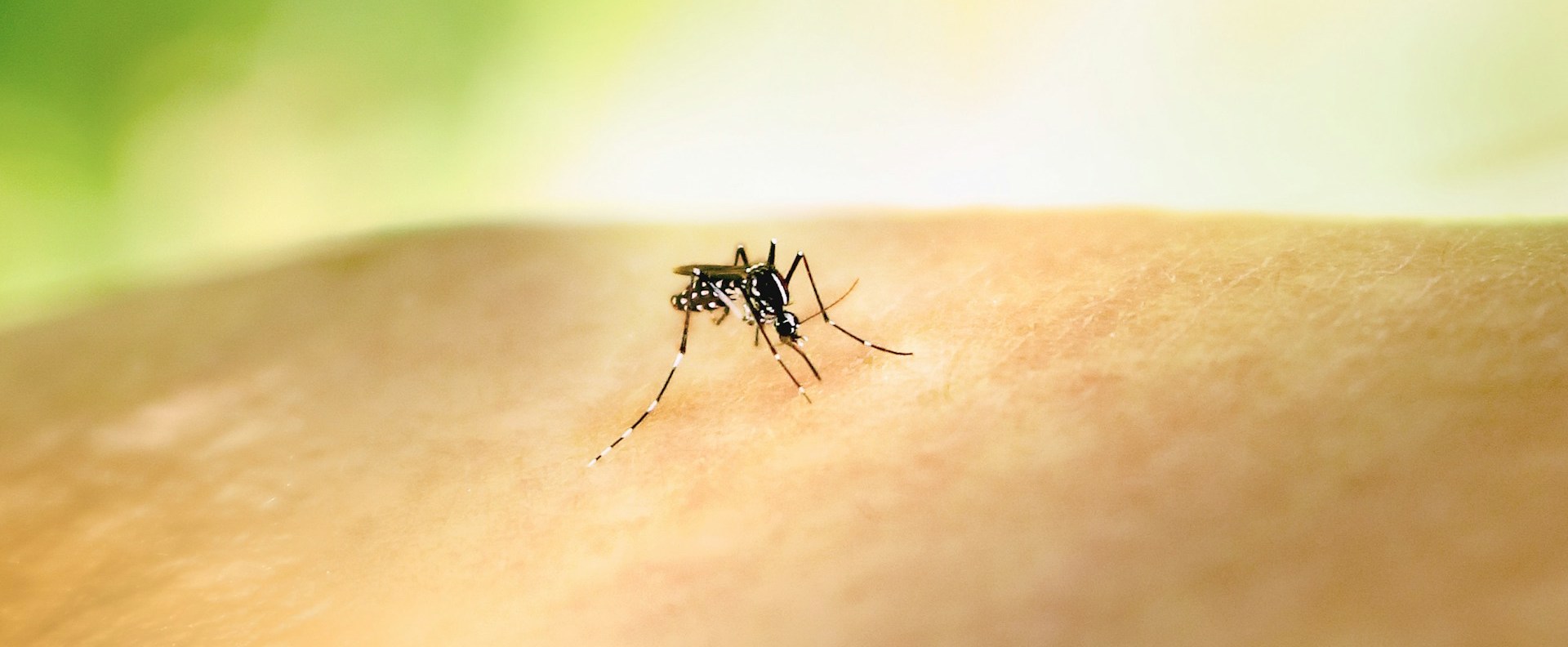Traveling abroad opens up a world of exciting experiences, but it also exposes you to unfamiliar environments and potential health risks — including insect bites. While bugs might seem like a minor nuisance, some can carry serious diseases that pose significant health threats to travellers. Understanding how to prevent bug bites and knowing the dangers associated with them can help keep your trip safe and enjoyable.
Why Are Bug Bites A Concern When Travelling Abroad?
In many parts of the world, insects such as mosquitoes, ticks, sandflies, and fleas are not only bothersome but also vectors for diseases. When these bugs bite, they can transmit infections including:
-
-
- Malaria: A potentially life-threatening disease caused by parasites transmitted through Anopheles mosquito bites. Common in sub-Saharan Africa, parts of Asia, and Latin America.
- Dengue Fever, Zika, and Chikungunya: Viral infections spread by Aedes mosquitoes, prevalent in tropical and subtropical regions.
- Yellow Fever: A serious viral disease, preventable by vaccination, transmitted by mosquitoes in parts of Africa and South America.
- Lyme Disease: Caused by bacteria transmitted through tick bites, common in North America and parts of Europe.
- Tick-borne Encephalitis: Caused by bacteria transmitted through tick bites.
- Leishmaniasis: Spread by sandflies, affecting skin or internal organs, found in parts of Asia, Africa, and Latin America.
- Other illnesses: Including West Nile virus, Japanese encephalitis, and various parasitic infections.
💡 Tip: Book an appointment for a vaccination consultation at least 4–6 weeks in advance to ensure full protection.
-
How To Prevent Bug Bites Abroad

Use Effective Insect Repellent
Apply repellents containing DEET, picaridin, IR3535, or oil of lemon eucalyptus or citronella to exposed skin and clothing. Follow the instructions carefully and reapply as needed, especially after sweating or swimming.

Wear Protective Clothing
Cover up as much as possible by wearing long sleeves, long pants, socks, and closed shoes. Clothes treated with permethrin offer extra protection by repelling and killing insects.
Sleep Safely
Use mosquito nets when sleeping in areas where mosquito-borne diseases are common. Opt for nets treated with insecticides for better protection. Air-conditioned or screened rooms can also reduce exposure.
Avoid Peak Mosquito Activity Times
Mosquitoes that transmit malaria and dengue are often most active at dawn, dusk, and night. Plan activities to minimize outdoor exposure during these times or take extra precautions if you must be outside.

What to Do if You Get Bitten
- Clean the bite area with soap and water.
- Avoid scratching to prevent infection.
- Use anti-itch creams or oral antihistamines if necessary.
- Monitor for symptoms such as fever, rash, joint pain, or unusual fatigue after returning from travel.
- Seek medical attention promptly if you develop symptoms suggestive of insect-borne diseases.
When to Get Vaccinated
Ideally, book your travel vaccines at least 4–6 weeks before your trip. But if you’re travelling soon — don’t worry. We can still help.
At Aqua Travel Clinic in West Hampstead, we offer:
- ✅ Same-day appointments
- ✅ No booking fee
- ✅ Expert travel health advice
- ✅ Convenient late opening hours (open till 7PM)
Final Thoughts
Bug bites are more than just itchy annoyances when traveling abroad—they can be gateways for serious diseases. Taking preventive steps like using insect repellent, wearing protective clothing, and sleeping under nets can greatly reduce your risk. Combined with awareness of the dangers and prompt action if bitten, these strategies help ensure your travels remain healthy and worry-free.






